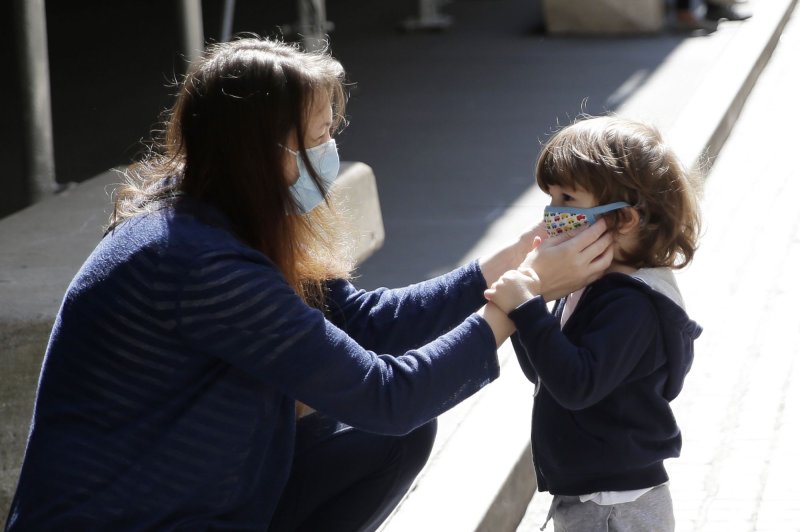By HealthDay News
Could trees be the key to a cool summer in the city?
Yes, claims new research that calculated just how much greenery can bring temperatures down.
"We've long known that the shade of trees and buildings can provide cooling," said study co-author Jean-Michel Guldmann. He is a professor emeritus of city and regional planning at Ohio State University, in Columbus.
"But now we can more precisely measure exactly what that effect will be in specific instances, which can help us make better design choices and greening strategies to mitigate the urban heat island effect," Guldmann said in a university news release.
RELATED Commercial forests could produce long-term climate benefit
For the study, his team created a 3D digital model of a nearly 14-square-mile area of northern Columbus to assess the effect that shade from trees and buildings had on land surface temperatures over one hour on a summer day.
The researchers found that the amount of tree canopy had a significant impact on what's known as the urban heat island effect.
For example, on a day when the temperature was 93.33 degrees Fahrenheit in one neighborhood, the temperature would have been 3.48 degrees lower -- 89.85 degrees -- if all the current trees had been fully grown.
RELATED New urban planning software may inspire more sustainable cities
And if the neighborhood had 20 more full-grown trees, the temperature would be another 1.39 degrees lower.
The researchers also found that both shaded and sun-exposed grassy areas had significant heat-reducing effects, but shaded grass provided more cooling than sun-exposed grass.
As expected, buildings increased the temperature, but shadows cast by them could significantly cool temperatures, particularly if they shaded the rooftops of adjacent buildings, the study authors said.
RELATED Most low-income blocks in U.S. cities are hotter, have fewer trees
For example, a 1% increase in the area of a building led to average surface temperature increases of between 2.6% and 3%. But an increase of 1% in the area of a shaded rooftop led to average temperature decreases of between 0.13% and 0.31%, the researchers found.
Shade on roadways and parking lots also significantly decreased temperatures, according to the study published online recently in the journal Computers, Environment and Urban Systems.
"We learned that greater heat-mitigation effects can be obtained by maximizing the shade on building rooftops and roadways," Guldmann explained.
The type of information provided by the model can be used to "formulate guidelines for community greening and tree planting efforts, and even where to locate buildings to maximize shading on other buildings and roadways," Guldmann said. "This could have significant effects on temperatures at the street and neighborhood level."More information
The U.S. Environmental Protection Agency has more on how trees and vegetation reduce heat islands.
Copyright © 2021 HealthDay. All rights reserved.


